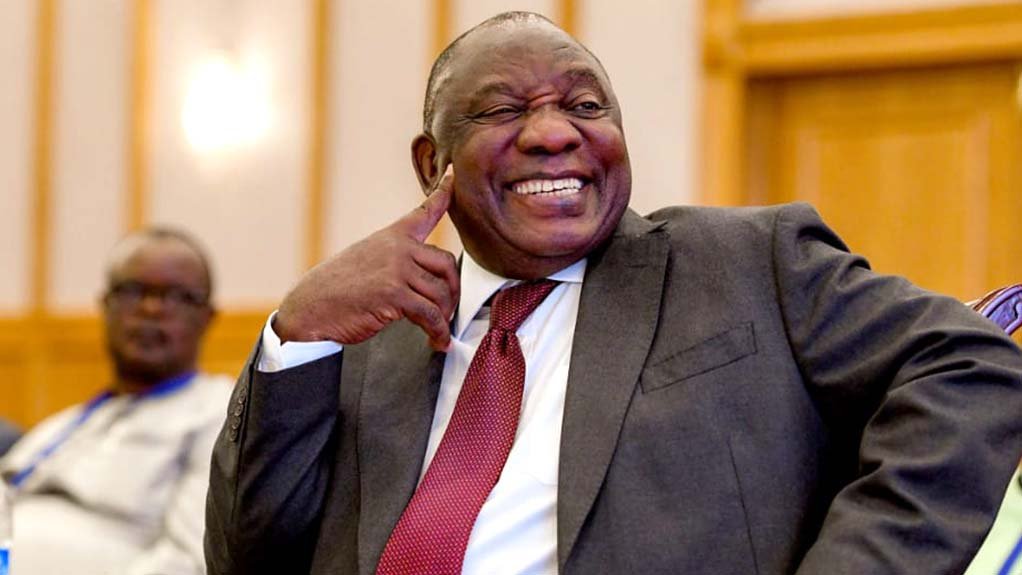President Cyril Ramaphosa is key to handling political risk that’s “off the charts” in the nation after a vote last month failed to hand any party a majority, Standard Bank’s chairperson said.
The African National Congress (ANC), which has ruled the country since the end of apartheid in 1994, lost its parliamentary majority in May 29 elections, haemorrhaging support to former President Jacob Zuma’s new group. Political parties have less than a day to cobble together a power-sharing agreement before the nation’s parliament convenes Friday.
The elections were challenging not only because of Zuma, but because of more than 50 parties on the ballot, Nonkululeko Nyembezi, chairperson of Africa’s biggest bank by assets, said in an interview in Rio de Janeiro. South Africa is fortunate that Ramaphosa is skilled at negotiating “this phase, because the uncertainty clearly is off the charts,” she said.
One-month implied volatility in the rand jumped after the election and is near the highest since early August as investors gauge the political gyrations in the nation. Ramaphosa’s ANC proposed that the country be ruled by a broad alliance known as a government of national unity.
But Zuma’s new uMkhonto weSizwe Party and the leftist Economic Freedom Fighters said they won’t participate, leaving the Democratic Alliance and the Inkatha Freedom Party as potential partners.
The uncertainty has seen South Africa’s political risk score as measured by GeoQuant indexes surge to a record.
While the inclusion of the centrist DA in the government would be welcomed by investors, there is opposition from within the ANC and among its communist and labour-union allies because it is seen to represent the interest of big business and the White minority.
Companies “can start planning from end of Friday onwards, because then we know what we’re planning,” Nyembezi said.
EMAIL THIS ARTICLE SAVE THIS ARTICLE
To subscribe email subscriptions@creamermedia.co.za or click here
To advertise email advertising@creamermedia.co.za or click here











